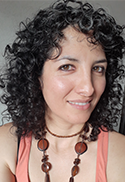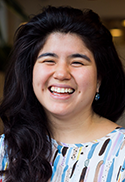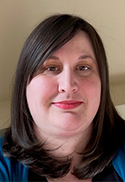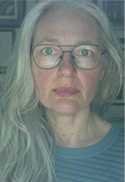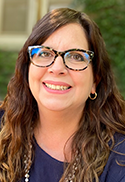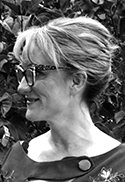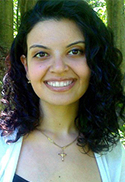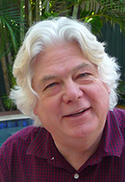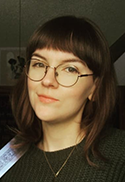
We are passionate about supporting emerging writers on their learning journey.
The Penguin Random House Canada Student Award for Fiction is an endowed award that is open to all learners who have taken a creative writing course at SCS in the previous year. These writers have taken a spark of an idea and transformed it into a piece of writing they (and we) are proud of. Established in 2002, this award is valued at $2,500, plus two finalist awards of $1,000 each annually.
A big congrats to these finalists, who have unleashed their creative potential! Winners and Honourable Mentions will be announced soon!
FINALISTS
Gemma Barrett, Checkbox
Sheila Burpee Duncan, Arbour Marie
Stephanie Grella, Avenue of Saints
James Harrison, Confabulations
Alexis Patoine, Pile of Bones
Michelle Reale, Maktoub (It is Written)
Miriam Richer, Babes in the Woods
Sharon Selby, Turkey Vultures
Alison Stevenson, A Mouthful of Sunshine
Heidi Tiedemann, The First Mrs. Robinson



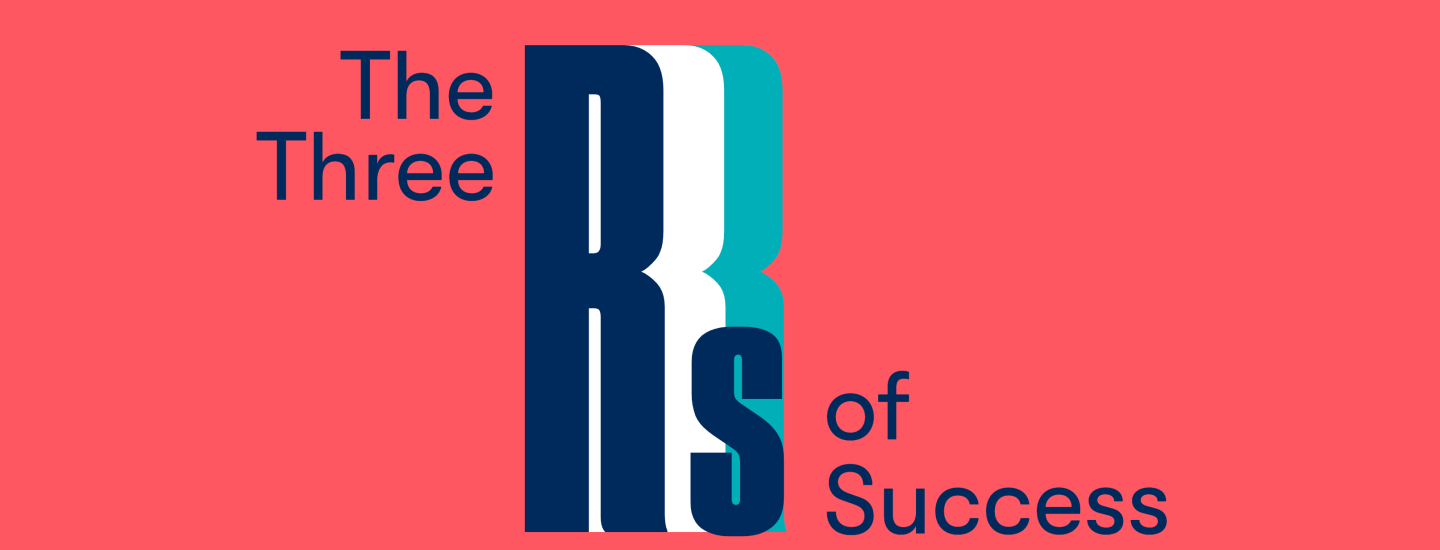




![[Professor Olivier Trescases (far right) stands in the University of Toronto Electric Vehicle Research Centre with (left to right) PhD Candidate, Zhe Gong; Wendy Baker, Associate Director Business Development, School of Continuing Studies; and Nick Cusimano, Research Associate. Trescases will teach a course on electric vehicles for Porsche Centre employees. (Photo: Porsche Canada)]](/sites/default/files/styles/large/public/images/2022-05/picture1.jpg?itok=6wjfuome)

